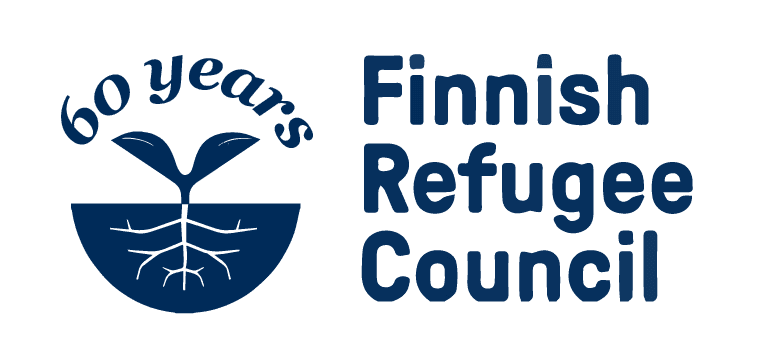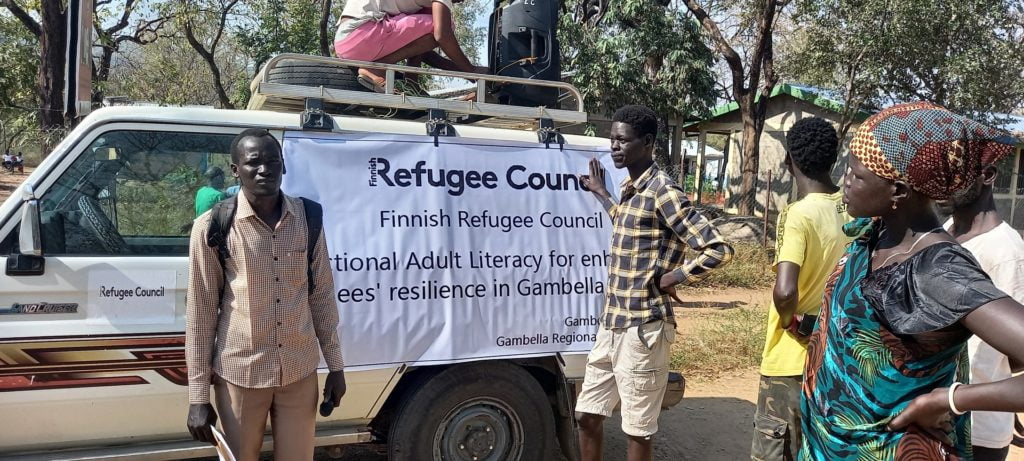The United States Agency for International Development (USAID) has been one of the largest humanitarian aid donors in Ethiopia. In January 2025, a 90-day funding suspension halted the agency’s global operations and put the delivery of vital food and medical aid at risk, creating challenges for aid organizations.
The suspension of USAID’s funding has already weakened access to aid in Ethiopia. According to the Humanitarian INGO Forum, over 3.2 million aid recipients in Ethiopia have suffered from service disruptions. The funding suspension has had severe consequences, particularly in Ethiopia’s northeastern Gambella region, where nearly 400,000 refugees rely heavily on USAID’s support. Ethiopia is one of the largest recipients of USAID assistance, with the U.S. previously granting the country $1.8 billion in humanitarian aid annually.
In the Gambella refugee camps, the suspension has significantly impacted emergency aid for refugees living in protracted crises. It has disrupted food deliveries, stopped the distribution of essential medicines, and cut off support for HIV patients and survivors of sexual violence. This has worsened the already challenging situation of vulnerable individuals and restricted aid organizations’ operational capacity in the area. The Finnish Refugee Council’s (FRC) activities in the region have also been affected, as the suspension has led to reduced funding for education programmes, vocational projects, as well as savings and loans groups. Alemneh Tsegaw, head of FRC’s Gambella field office, describes the impact of USAID’s funding suspension.
According to Alemneh, FRC has had to reduce the number of instructors at the Gambella refugee camp by four and lay off 67 literacy and language course trainers, which has made it more difficult to implement adult literacy education and livelihood programs. Additionally, support for 18 Village Savings and Loan groups (VSLA) has been halted. This has limited hundreds of participants’ opportunities for sustainable livelihoods.
“Due to USAID’s funding suspension, we have had to adjust several of our core operations. This includes the dismissal of four instructors and affecting about a thousand students still enrolled in literacy programs,” Alemneh explains.
Many organizations entirely dependent on USAID funding have been forced to shut down, which has severely affected food security, livelihoods, and education services in the camps.
Alemneh notes that food and humanitarian aid supplies have not yet completely collapsed, as deliveries have continued — for now. However, since most funding for livelihood services, healthcare, and education has depended on the U.S. government, the suspension increases community vulnerability and refugee dependence on aid provided by NGOs. “We do not know what will happen if U.S. government support ends completely,” he states.
Additionally, an ongoing cholera outbreak in the region intensifies the crisis, making it even more challenging to provide treatment.

FRC seeks solutions despite funding shortfall
FRC has been running functional literacy training and village savings and loans groups with funding from both the Finnish and U.S. governments. Due to the U.S. funding suspension, FRC is planning to integrate 1,000 students into a Finnish government-funded livelihood support program. The aim is to sustain the operations of 18 savings and loan groups through peer facilitators after external funding ends.
“Finding a sustainable solution is critical for us to continue our work,” Alemneh emphasizes.
FRC is working closely with other organizations and authorities to support refugees in Gambella. However, due to recent funding cuts, many organizations have been forced to scale down or shut down their operations entirely.
One of FRC’s key partners, the Danish Refugee Council, had previously been integrating graduates from FRC’s training programs into its livelihood support initiatives. However, due to the funding cuts, the Danish Refugee Council has ceased operations in Gambella. Other FRC partners have also faced significant challenges in continuing their work due to the U.S. government’s funding suspension.
Moreover, the suspension of USAID aid has broader implications across Ethiopia. According to the 2025 Global Humanitarian Overview, Ethiopia requires approximately $2 billion to meet the needs of 10 million people in crisis. Gambella’s refugee camps are among the areas with the highest growing demand for aid.
“The reduction or complete loss of NGO funding affects not only humanitarian aid but also employment opportunities in Gambella,” Alemneh points out.
Many local employees and study group facilitators rely on NGOs for work, and as these organizations shut down, job opportunities disappear.
Finally, Alemneh stresses:
“Refugees are entirely dependent on NGO support, which is essential for their survival and well-being. Without funding, the impact will be felt not only by refugees but also by the surrounding communities that benefit from these programs.”
Read more about our work in Ethiopia here.


